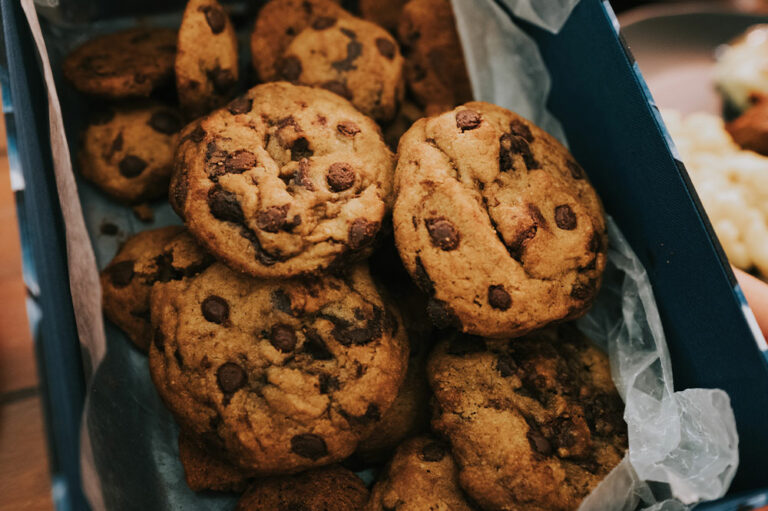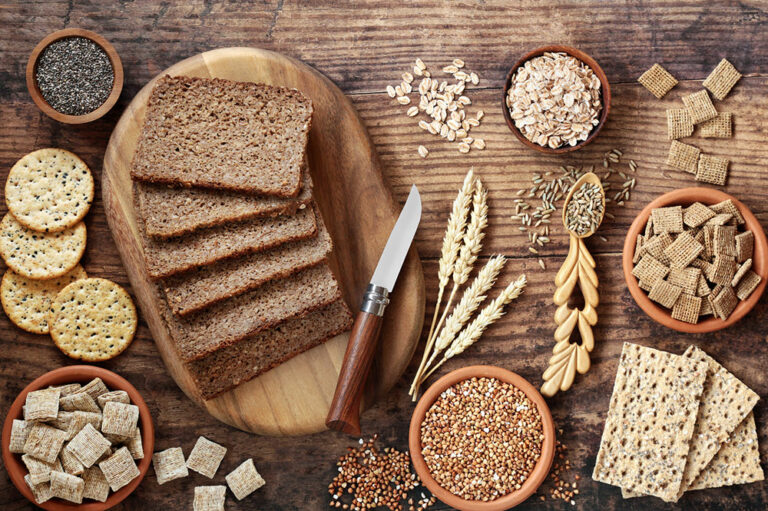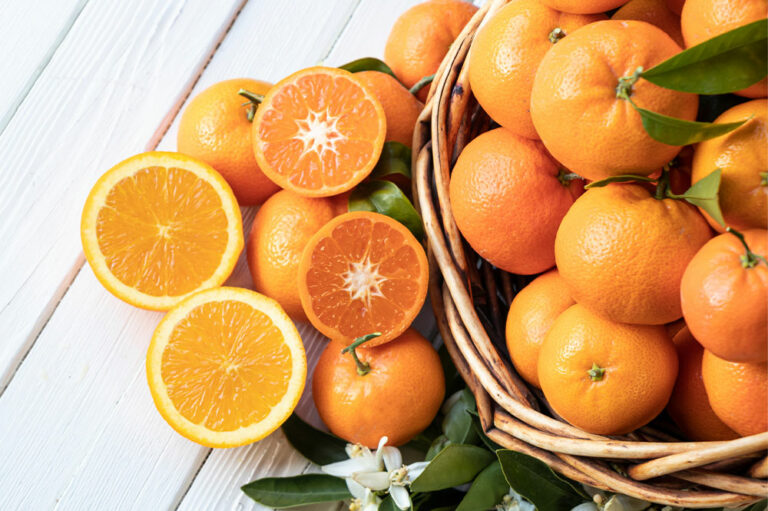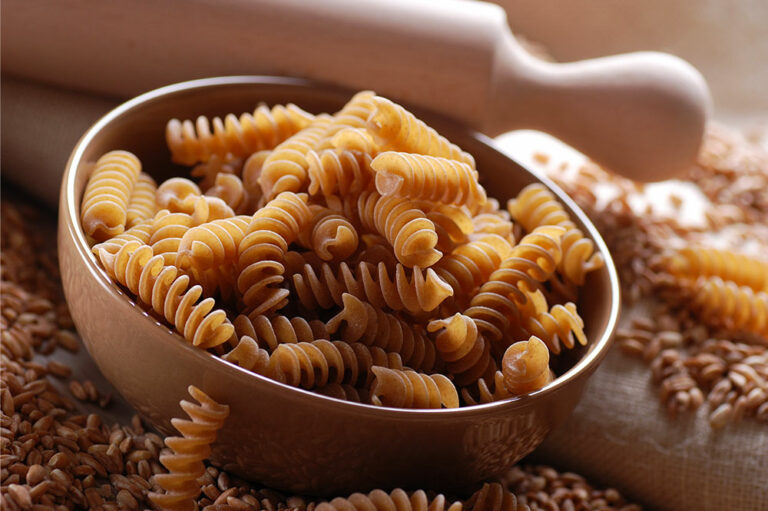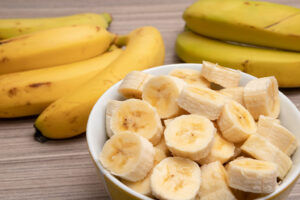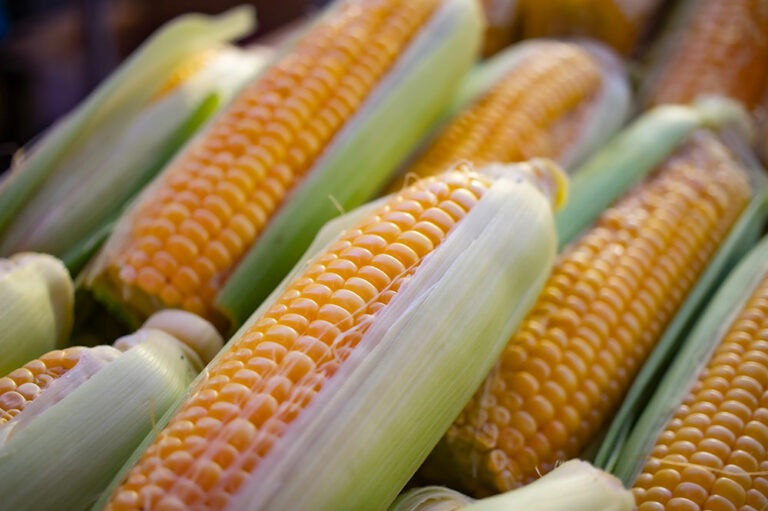
10 foods to avoid to prevent Crohn’s flare-ups
Crohn’s, an inflammatory bowel disease, can have long-term consequences like digestive tract inflammation or malnutrition. Symptoms like diarrhea, stomachache, and body cramps interfere with your daily routine, making it difficult to have proper meals or lead a normal life. Thankfully, you can help minimize the symptoms by avoiding certain foods that are not good for Crohn’s. It is advisable to draw up a routine and maintain proper eating habits to prevent flare-ups. Food items and ingredients to avoid to prevent Crohn’s disease flare-ups Whole grains The fiber in whole-grain bread, whole-wheat pasta, and popcorn can pass too quickly through your stomach, making it tough for your body to digest the same. This can lead to pain, bloating, or loose motion. Hence, staying away from these foods is a good idea if you have Crohn’s disease. Beans Beans are usually very healthy and nutritious. But, they can lead to gas since they are rich in fiber. Thus, avoid beans for the sake of your digestive health if you are suffering from Crohn’s disease. Even processed beans should be avoided. Fruits and vegetables Fruits and vegetables are loaded with vitamins and minerals. But they also contain a lot of insoluble fiber, which, as mentioned above, is not a good option in Crohn’s disease.
Read More 